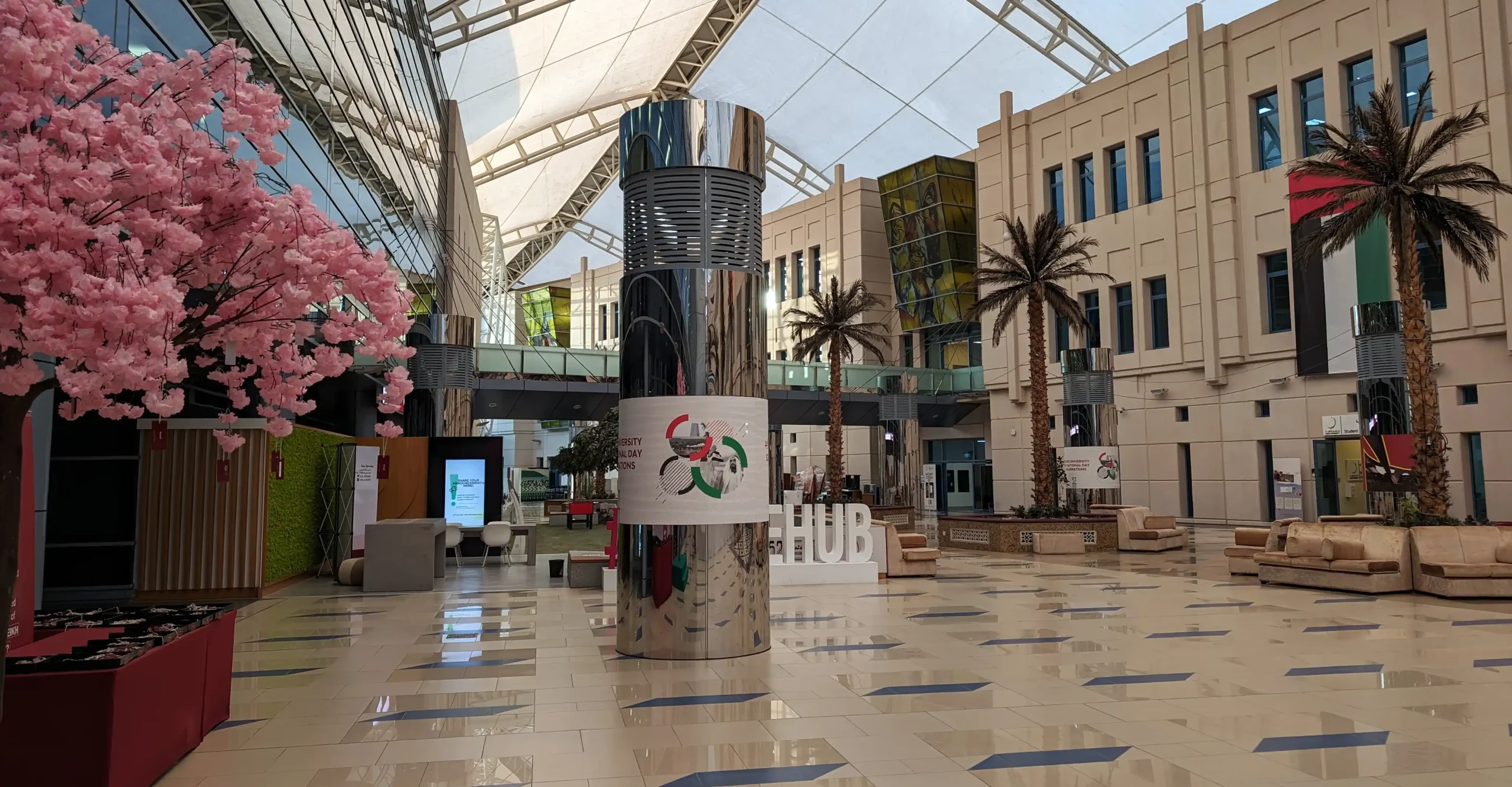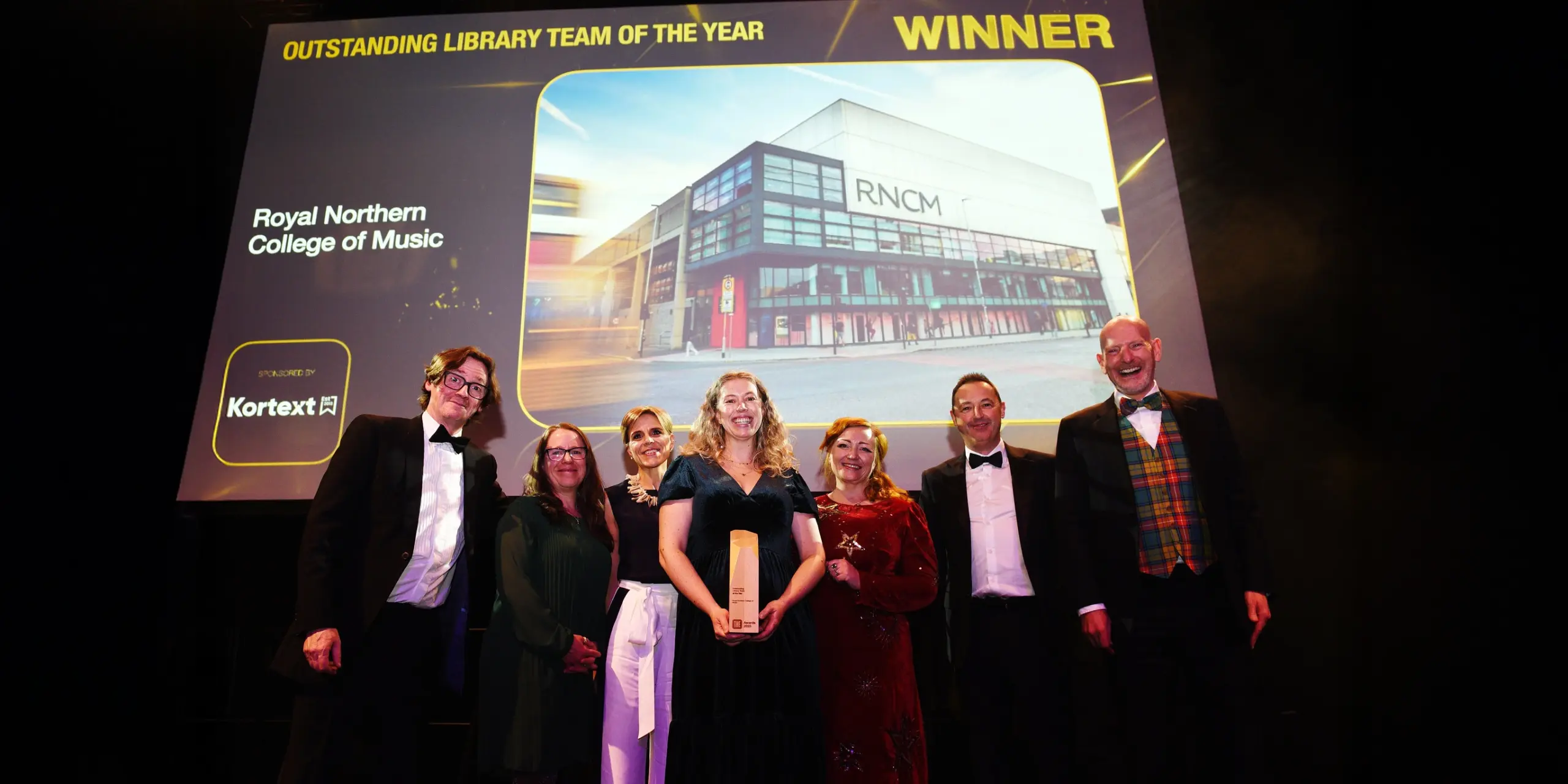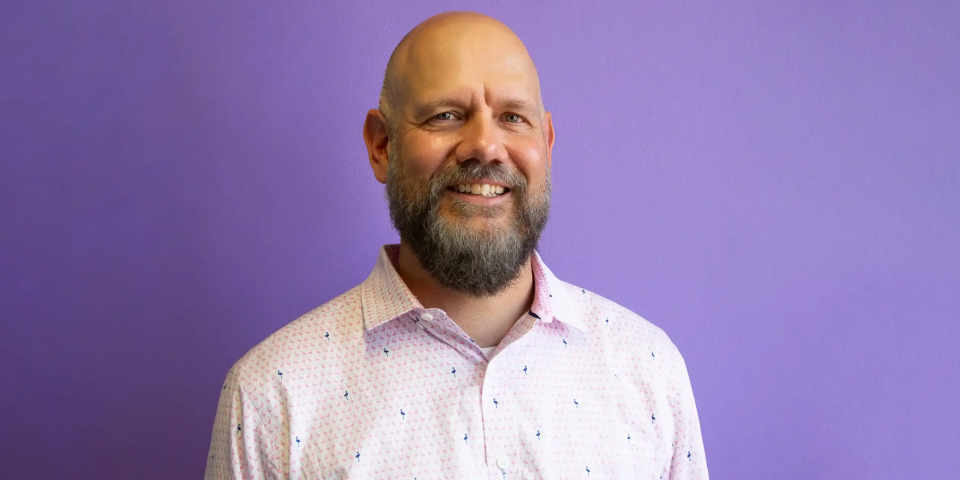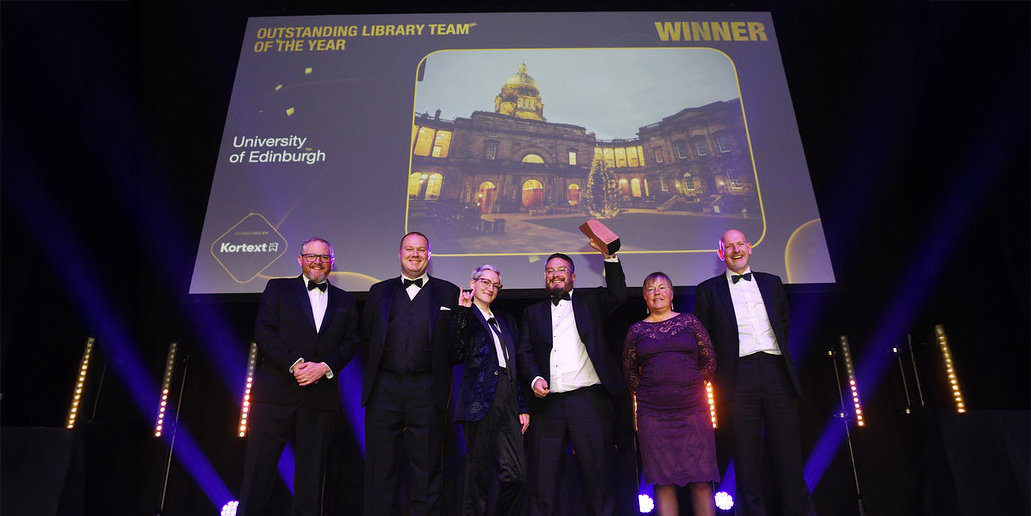Interview with Dr James Piecowye, Zayed University*
The College of Communication and Media Sciences at Zayed University has recently implemented Kortext study+, providing students with access to an eTextbook platform for the first time. We spoke to Dr James Piecowye, Dean of the College, to find out more.
Up-to-date information
James explains that previously ‘we were using a variety of hardcopy texts of varying editions, a lot of supplemental resources and not really leveraging our core textbooks’. This was largely because print books on fast-moving areas of study like communication and media topics can become outdated quickly.
However, it’s now easier to provide students with ‘the latest versions of all textbooks,’ he says, adding that ‘this has brought us into a whole new realm where textbooks are not static but an experience’.
Directed reading
Kortext’s eTextbooks are integrated seamlessly into the university’s virtual learning environment with ‘faculty building them into their lessons for students to access’.
For James, this has made the learning process easier. He explains, ‘we can direct students straight to key components of a book’, saving them time. It’s benefiting faculty members too: ‘we can teach more, pull more out of a book and create more learning experiences around it’.
One of the main challenges in education now is information overload, comments James. While ‘having access to so much is a gift,’ he says, it can also be overwhelming. However, Kortext has simplified matters, enabling faculty to offer students a clear learning pathway to follow.

Flexible access
Zayed University is non-residential, with busy students living at home and juggling study with family commitments. So it’s crucial for them to have flexible access to their learning resources.
‘The general consensus is having eBooks makes things easier,’ James observes. While students have computers, they often use their phones to study. So the Kortext app has been a game changer, he explains, ‘as being able to share across their devices is really important to them’.
Time-saving tools
Yet, for James, it’s the functionality of Kortext study+ that’s ‘the golden piece’. ‘What Kortext has done to integrate AI into the whole eBook experience is fundamentally changing the way our students and faculty are working with textbooks,’ he states.
Our suite of AI-powered tools includes the ability to summarise sections, create bullet-pointed lists and generate interactive Q&A on institution-approved content. However, it’s the translation tool that’s really captured the students’ attention in the College.
‘Our students essentially study in English,’ says James, ‘but their mother tongue is Arabic, so this is a really useful tool’. It’s enabling students ‘to get more of the nuance’ from a text, and they’re realising ‘I just freed up hours of my life because I can get the meaning much quicker’.
Student engagement
The College is about halfway through their first semester with Kortext, and it’s now time to explore how students engage with their eTextbooks using the learner analytics data.
‘We didn’t have tools like this available before, whereas now we actually can see whether a student is using a textbook,’ he explains. These insights into student engagement help faculty to identify potential issues early on and provide learners with targeted support as needed.
However, this data also ‘creates many opportunities, not only for the student but for us when we think of our course design,’ James observes. It enables faculty to reflect on questions like ‘are we giving too much reading?’ and ‘how can we build it into our curriculum better?’
He continues, ‘if we can figure out how to get better engagement, we can do a better job at delivering that content and giving the students a better experience’. For James, the data provides an ‘opportunity to help our students succeed’, so ‘why wouldn’t you use it?’

Generative AI
While students have access to trusted generative AI within a ringfenced environment through Kortext study+, it’s impossible to ignore the multitude of open AI tools now available online.
‘Our big challenge is that industry itself has embraced AI,’ comments James. He observes there has been a shift from ‘how is AI going to affect my business?’ to ‘how am I now using AI to streamline tasks and allow me more time to do the things I want to do with my enterprise?’
This leaves institutions struggling to find the middle ground, he says. ‘As a university and as a college, we embrace AI and we want it to be used in an ethical manner,’ but ‘at the same time we need to make sure our students understand how to do the fundamentals’.
For example, a student might use an AI tool to write a press release. However, if they don’t understand what information should be included or how to evaluate the quality of the tool’s output, the resulting press release will not be fit for purpose.
‘The challenge for us is how does that change our assessments?’ asks James. ‘If AI can create a great press release, then I need to grade students on other things like the process of putting together a press release and talking about why one press release is better than another’.
Critical thinking
‘The critical thinking piece is key here,’ he stresses, ‘because that’s what AI doesn’t do’. While it’s ‘able to process a lot of information, it can’t yet think critically about it’.
For James, ‘it’s about exploiting the AI technology to enhance a student’s own ability to create and disseminate content’. Thus ‘the sweet spot in education’ lies in students ‘being able to critically think and talk about why they made those choices and used the tools in that way’.
This means working with students to develop critical thinking skills and educating them about ‘not just trusting the technology, but trusting themselves to use the technology to better their thought processes’. And the end result is worthwhile: ‘I think it makes them stronger,’ he says.
Partnering for success
Ultimately, the partnership with Kortext has been invaluable in enabling the College of Communication and Media Sciences at Zayed University to ‘leverage technology to continue our ongoing mission – teaching students how to tell a better story,’ concludes James.
Image credit for profile photo of James Piecowye: Richard Cawood.
* Please note that James has now left Zayed University.
To discover how Kortext can help your institution create engaging learning experiences powered by the latest technologies, talk to us today.






